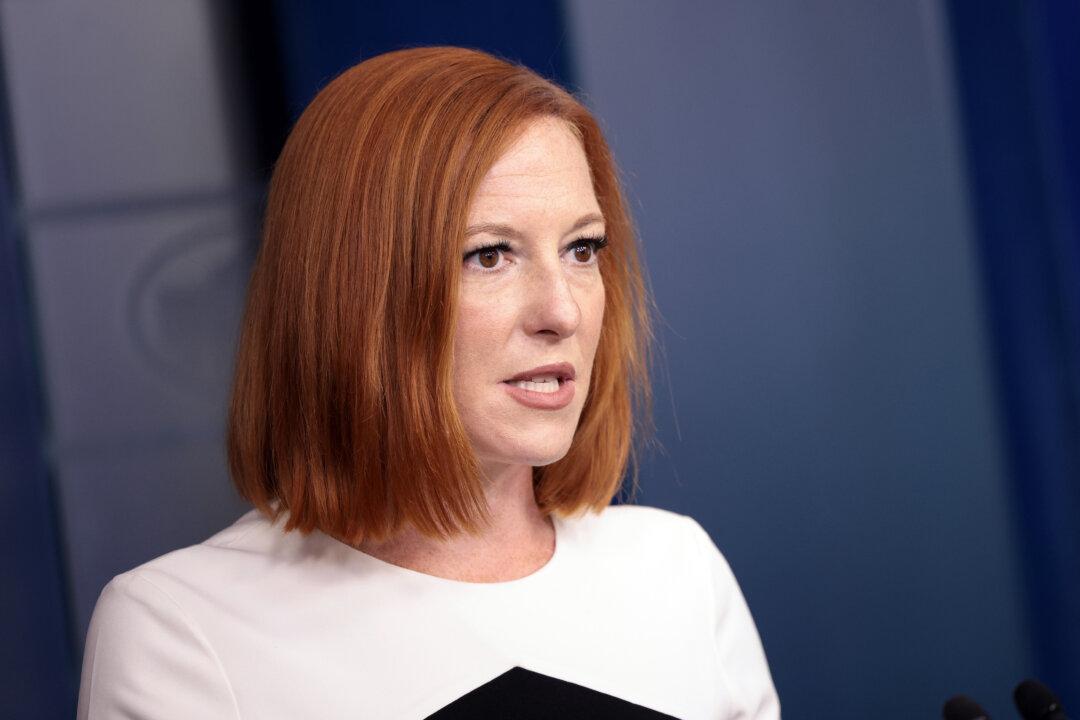The Biden administration on Thursday started to tell federal agencies to start preparing for a potential government shutdown at the end of the month if Congress doesn’t pass a continuing resolution in time.
Speaking to reporters in the White House, press secretary Jen Psaki confirmed that the Office of Management and Budget (OMB) started issuing statements to various agencies that they are prepared to execute a shutdown in the coming days.





